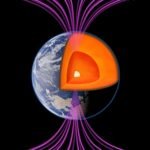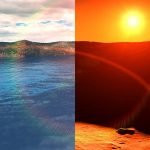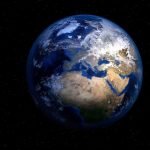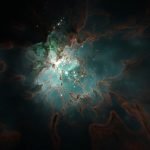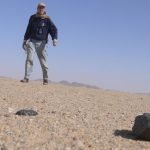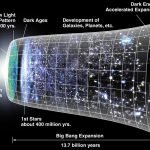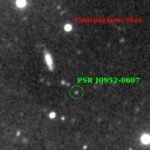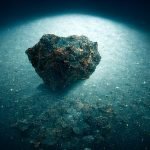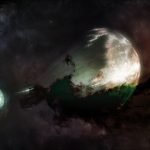How did Earth avoid a Mars-like fate? Ancient rocks hold clues
Earth's solid inner core formed 550 million years ago and restored the planet's magnetic field.
Approximately 1,800 miles beneath our feet, swirling liquid iron in...
Subsurface water on Mars defies expectations
A new analysis of seismic data from NASA’s Mars InSight mission has revealed a couple of surprises.
The first surprise: the top 300 meters of...
Giant meteorite impacts created Earth’s continents, shows study
New Curtin study has provided the strongest evidence yet that Earth’s continents were formed by giant meteorite impacts that were particularly prevalent during the...
Why stars formed in different environments have similar masses
In theory, masses of stars should vary wildly, yet mass distribution is nearly universal.
New simulations show that star formation is a self-regulatory process.
In an...
What part of a space rock survives to the ground?
When a small asteroid enters Earth's atmosphere from space, its surface is brutally heated, causing melting and fragmenting.
Therefore, it was somewhat of a mystery...
Do ‘bouncing universes’ have a beginning?
Some cosmological models propose that the universe expands and contracts in infinite cycles, but new study finds a crucial flaw in the latest version...
This black widow star ate its mate to set a new record
A dense, collapsed star has shredded and consumed nearly the entire mass of its stellar companion.
In the process, it’s grown into the heaviest neutron...
No trace of dark matter halos, shows new study
Dwarf galaxies are small, faint galaxies that can usually be found in galaxy clusters or near larger galaxies.
Because of this, they might be affected...
An interstellar meteor struck the earth in 2014, and now scientists want to search...
Back in 2014, an object crashed into the ocean just off the coast of Papua New Guinea.
Data collected at the time indicated that the...
Astrophysicists detect neutron star merger for the first time in millimeter light
Short-duration gamma-ray bursts only last a fraction of a second, making them difficult to detect.
Astrophysicists detected the burst with X-rays and then identified its...

